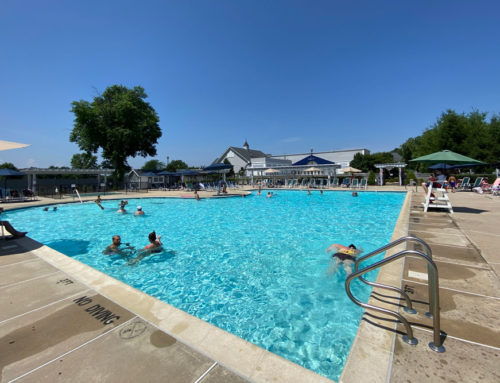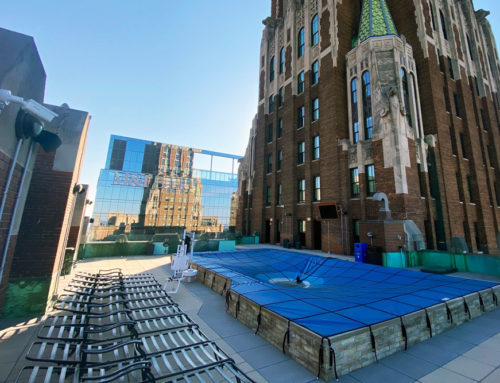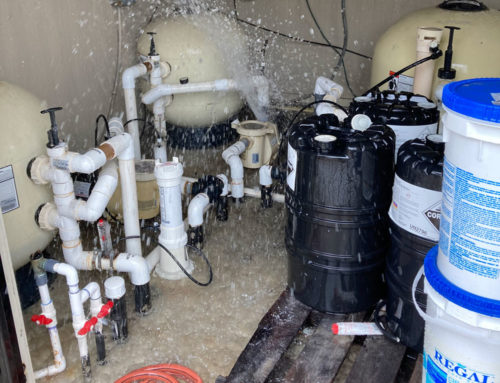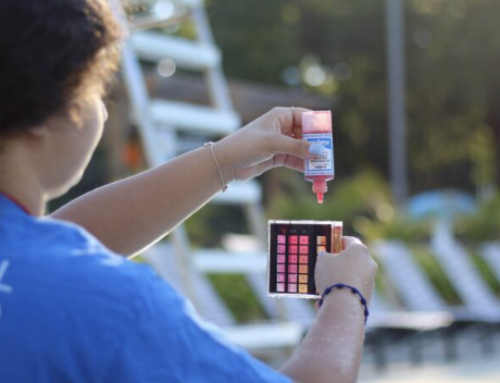One of the most important parts of pool maintenance is to know how to properly treat the water with chemicals. Now that the weather is getting colder, you want to make sure that you use the right winter chemicals on the water to keep it free of harmful substances. In particular, you need to make sure that you understand the role that algaecide, enzymes and phosphate play in your pool’s overall health.
According to an article published by Pool and Spa News, enzymes and phosphate-reducing products have been used in the pool and spa industry for years, but there are still some misconceptions about them. For example, some individuals who work in apartment complex pool services may believe that removing phosphates eliminates the need to maintain proper sanitizer residual. However, proper sanitizer residual needs to be maintained to ensure that the pool is safe for swimming.
Other things to know about chemical treatments
Enzymes are specialty chemicals that help reduce the scum that builds up in the waterline and improve sanitizer efficiency. Furthermore, enzymes work to break down oils and other complex molecules, which helps boost the effectiveness of oxidizing sanitizers such as chlorine and bromine. This is why it’s important to use enzymes in your pool cleaning process and while you’re preparing your pool for winter. Also, since chlorine will destroy enzyme activity over time, it needs to be used regularly. In the summer, an enzyme treatment is used weekly, while in the winter this drops to monthly.
Many people are under the impression that enzymes are living organisms. However, in reality they are produced by living things, but are not actually alive themselves.
Once you’ve used your enzymes and your phosphate-reducing products, you may feel as though you’ve taken care of everything, but that’s not true. Yahoo! pointed out that you should add a dose of algaecide to the pool to help slow the growth of early-spring algae, which may creep up sooner than you think. Algae can store phosphates in their cells, so they can survive even if you have used phosphate-removal products, which is why you don’t want to forget to use algaecide.
Finally, the last step you should take when adding winter chemicals to your pool is to shock the water with a chlorine treatment. This will help kill bacteria that is already present in the pool and help keep the pool’s chlorine levels where they need to be throughout the winter.





